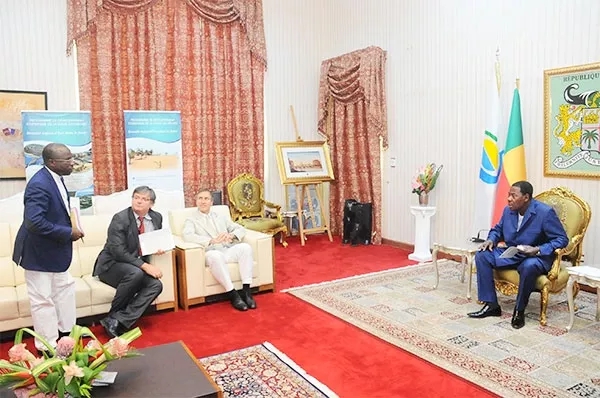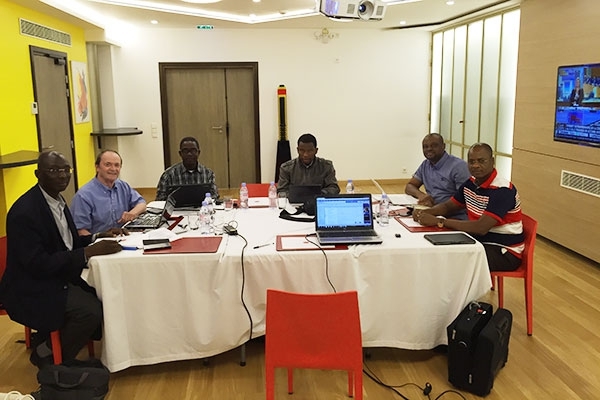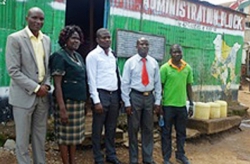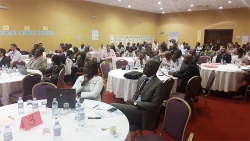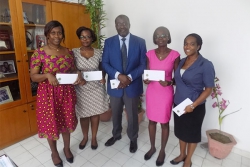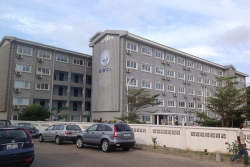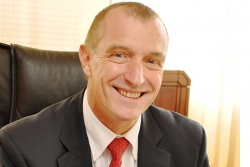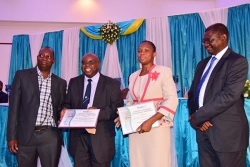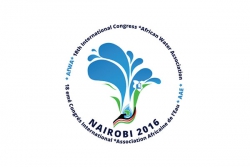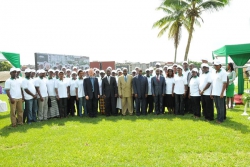More...
AAE / AQUAYA for the water quality test
The Aquaya Institute is a non-profit research and advisory organization specializing in drinking water and sanitation in developing countries. Aquaya was founded in 2005 by academic researchers in the United States. Our mission is to apply the methods and rigor of scientific research to practical field studies, in order to meet the needs of development agencies and actors in the sector. Aquaya has offices in San Francisco (United States) and Nairobi (Kenya).
Since 2012, Aquaya has invested in the Monitoring for Safe Water (MfSW) research program, which aims to promote better water quality monitoring in order to improve its potability. The MfSW program was initiated by a grant from the Bill & Melinda Gates Foundation in Aquaya. The main partners were the African Water Association (AAE / AfWA), the International Water Association (IWA) and the World Health Organization (WHO). More information about the MfSW program is available at: http://www.aquaya.org/project/monitoring-for-safe-water/.
In partnership with the AAE, Aquaya produces summaries summarizing current research on water quality management in Africa.
Summary
The presence of microbes in drinking water is not adequately controlled in sub-Saharan Africa. Click HERE to download
African Academy of Water
The project of the African Water Academy is based in Kampala. She started her first training sessions in February 2010. The aim of this Academy is to develop the leadership of the water supply and sanitation companies and train them in the management of change.
Unbilled Water and Improved Sanitation Services in Sub-Saharan Africa
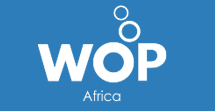 Un programmes conçu pour accompagner les sociétés d’eau dans la fourniture de service de qualité, la gestion des infrastructures et l’amélioration de leur gouvernance sur la base de renforcement de capacité entre sociétés d’eau. Ce programme est conjointement financé par l’AAE, l'USAID, la Facilité africaine de l'eau de la Banque africaine de développement (BAD) et UN-HABITAT, pour un montant global d’environ US $3.700.000.
Un programmes conçu pour accompagner les sociétés d’eau dans la fourniture de service de qualité, la gestion des infrastructures et l’amélioration de leur gouvernance sur la base de renforcement de capacité entre sociétés d’eau. Ce programme est conjointement financé par l’AAE, l'USAID, la Facilité africaine de l'eau de la Banque africaine de développement (BAD) et UN-HABITAT, pour un montant global d’environ US $3.700.000.

 English
English  Français
Français 
